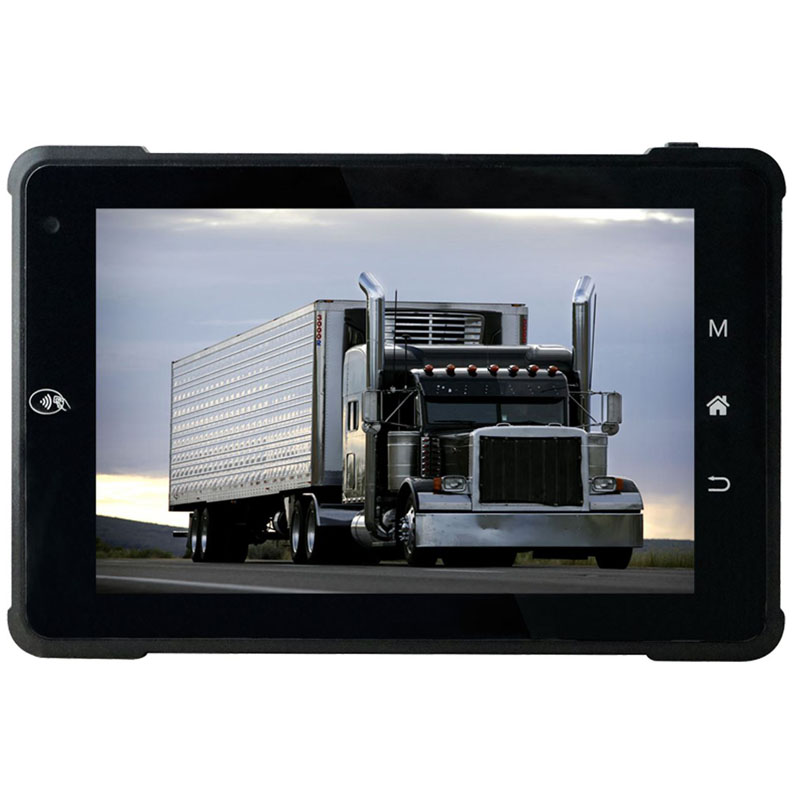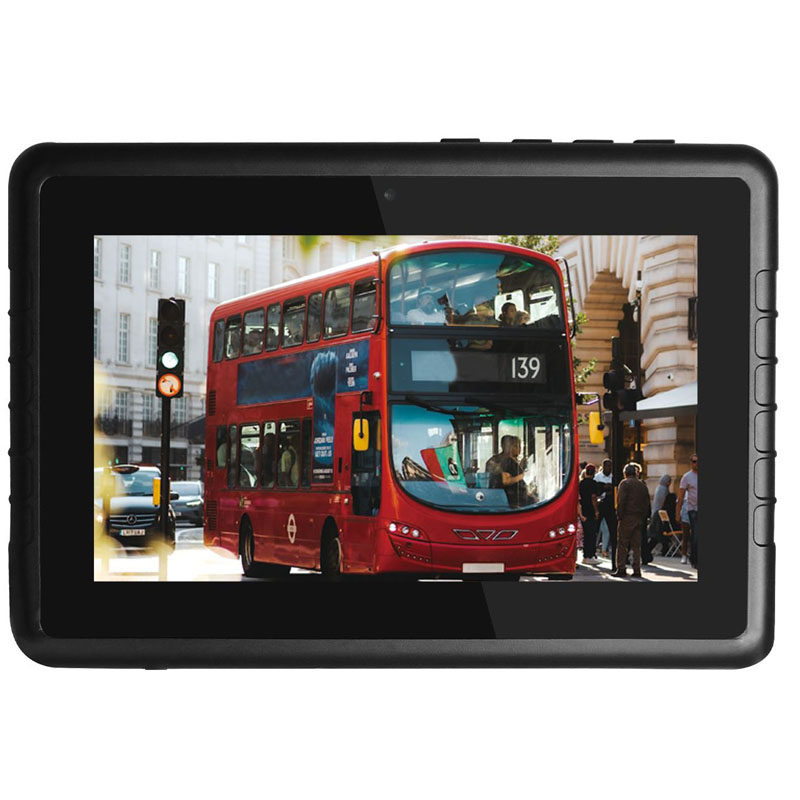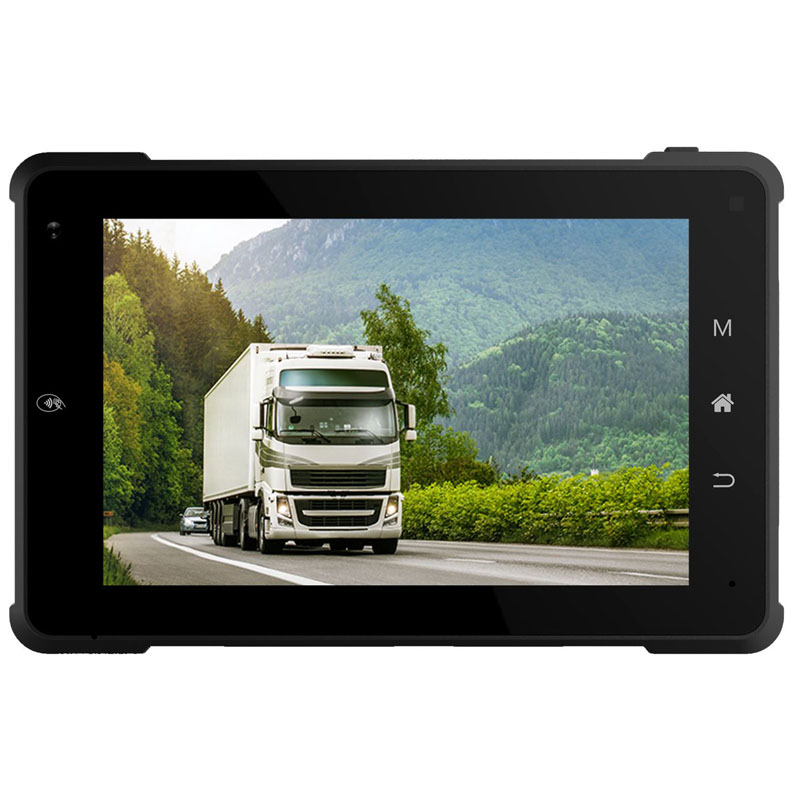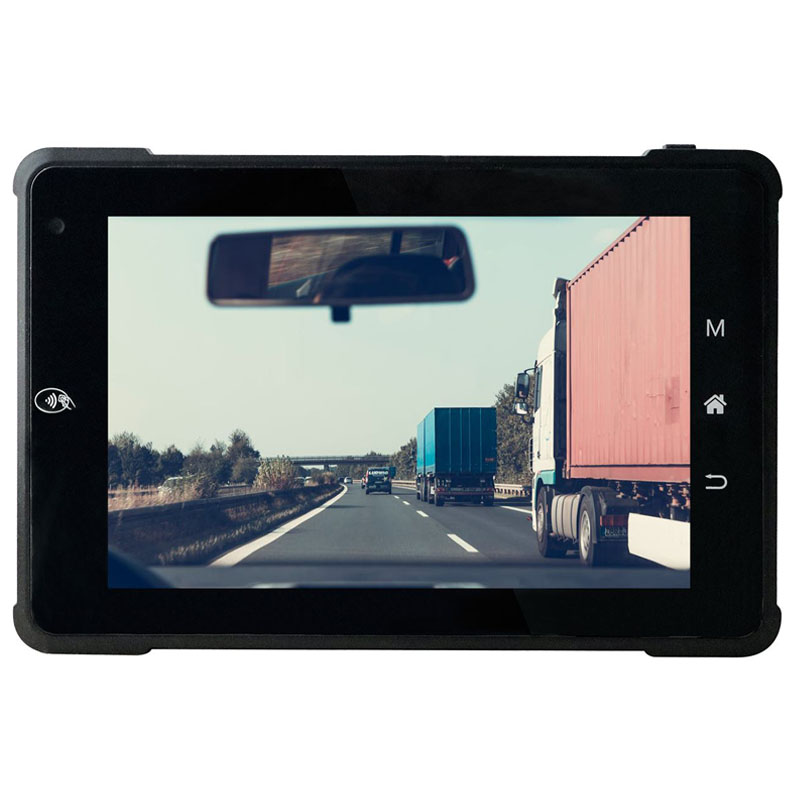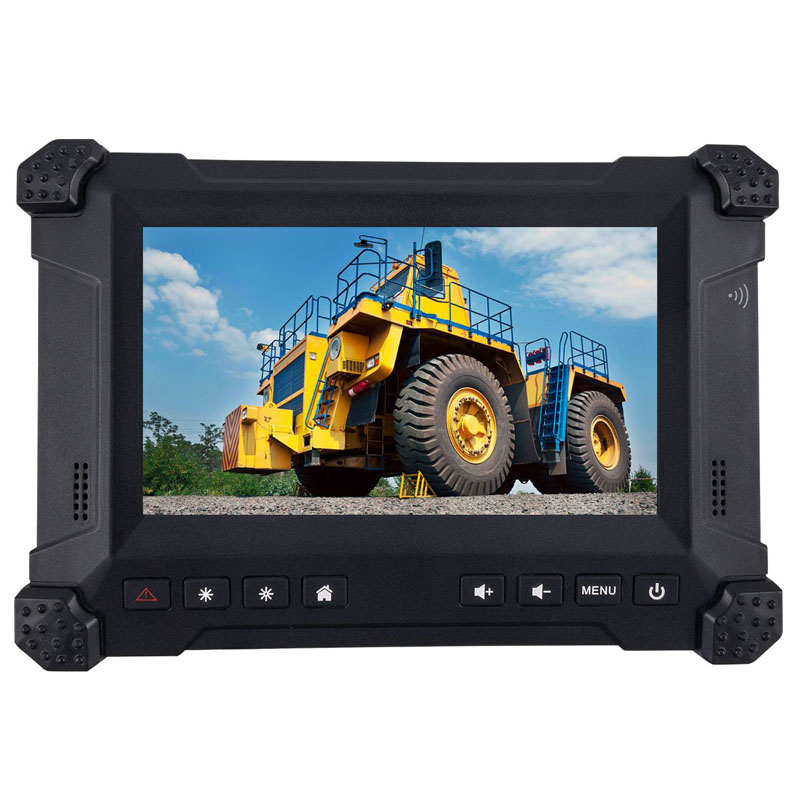How to Choose a Rugged Tablet for Fleet Management 2025
In today’s fast-paced world, fleet management is a critical component for many businesses. Efficient management of fleets ensures smooth operations, cost savings, and enhanced service delivery. One essential tool in modern fleet management is the rugged tablet. Unlike regular tablets, rugged tablets are built to withstand harsh environments, making them ideal for fleet operations. This article delves into how to choose the best rugged tablet for fleet management, focusing on key features, specifications, and considerations to make an informed decision.
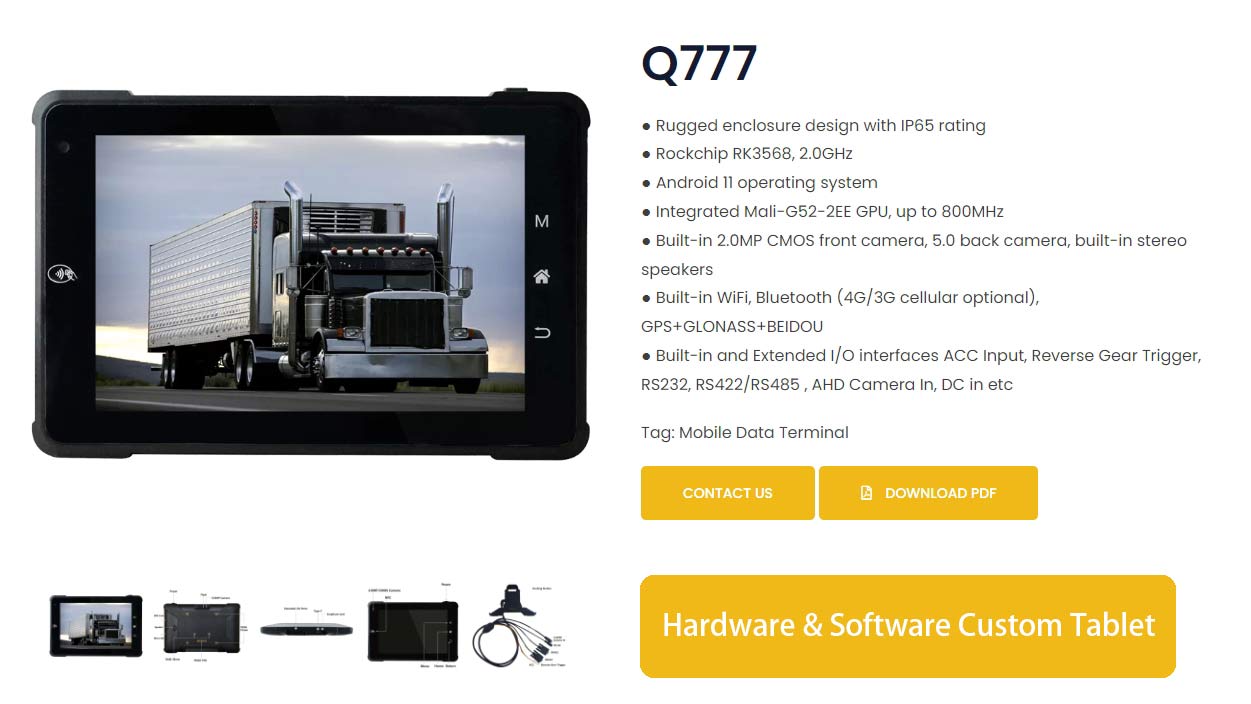
Understanding Rugged Tablets
Rugged tablets are designed to operate in extreme conditions, including exposure to dust, water, extreme temperatures, and shocks. They are built to military standards, typically featuring robust casings and reinforced components. These tablets are indispensable in fleet management for tasks such as real-time tracking, route optimization, inventory management, and communication. Understanding their unique features is crucial in selecting the right device.
Key Features to Consider
1. Durability and Build Quality
Durability is the hallmark of rugged tablets. When choosing a rugged tablet, check for:
- IP Ratings: The Ingress Protection (IP) rating indicates how well the tablet is protected against dust and water. A higher IP rating, such as IP67 or IP68, offers better protection.
- MIL-STD-810G Certification: This military standard certification ensures the tablet can withstand shock, vibration, and temperature extremes. Devices with MIL-STD-810G are rigorously tested and validated for toughness.
- Drop Resistance: Look for tablets that can survive drops from a certain height, typically around 4-6 feet. This ensures the tablet can handle rough handling and accidental drops.
2. Display Quality and Size
The display quality impacts the usability of the tablet in various lighting conditions:
- Screen Size: For fleet management, a screen size between 8 to 10 inches strikes a balance between portability and ease of use.
- Brightness: High brightness levels (nits) are essential for readability in bright sunlight. Look for tablets with a brightness level of at least 500 nits.
- Touch Sensitivity: Ensure the tablet has a responsive touchscreen that can be used with gloves or in wet conditions, common in field operations.
3. Battery Life
Long battery life is crucial for field operations where charging facilities may be limited:
- Battery Capacity: Opt for tablets with a high-capacity battery (measured in mAh) to ensure long-lasting performance.
- Swappable Batteries: Consider models with swappable batteries for extended use without downtime.
- Power Management: Look for power management features such as low power consumption modes and quick charging capabilities.
4. Performance and Connectivity
Fleet management requires robust performance and seamless connectivity:
- Processor and RAM: Choose tablets with a powerful processor (such as Intel Core or Qualcomm Snapdragon) and adequate RAM (4GB or more) for smooth multitasking and running demanding applications.
- Storage: Ensure sufficient storage capacity, with options for expandable storage via microSD cards.
- Connectivity Options: Look for comprehensive connectivity options including Wi-Fi, 4G LTE, Bluetooth, and GPS. Multiple connectivity options ensure that the tablet can remain online in various environments.
5. Operating System and Software Compatibility
The choice of operating system (OS) impacts software compatibility and ease of use:
- Operating System: Rugged tablets typically run on Android or Windows. Choose the OS based on the specific requirements of your fleet management software.
- Software Support: Verify that the tablet is compatible with essential fleet management software and apps. Ensure it can support real-time tracking, route optimization, and other critical functionalities.
6. Input and Output Options
Versatile input and output options enhance the functionality of rugged tablets:
- Ports: Look for essential ports like USB, HDMI, and audio jacks. USB-C ports are preferable for their versatility and fast data transfer.
- Docking Stations: Consider tablets with docking station compatibility for easy integration into vehicle mounts or desktop setups.
- Accessories: Evaluate available accessories such as styluses, keyboard attachments, and protective cases that can enhance the tablet’s functionality.
Evaluating Cost vs. Value
When selecting a rugged tablet, balancing cost and value is crucial:
- Total Cost of Ownership: Consider the total cost, including the tablet’s purchase price, maintenance, accessories, and potential downtime costs.
- Return on Investment: Assess the potential ROI based on the tablet’s ability to improve operational efficiency, reduce errors, and enhance communication within your fleet.
Top Rugged Tablets for Fleet Management in 2025
To help you make an informed choice, here are some top rugged tablets ideal for fleet management:
1. Panasonic Toughpad FZ-G1
- Key Features: MIL-STD-810G certification, IP65 rating, 10.1-inch display, swappable battery, Windows OS.
2. Samsung Galaxy Tab Active3
- Key Features: IP68 rating, 8-inch display, high-brightness screen, Android OS, enhanced touch sensitivity.
3. Getac UX10
- Key Features: MIL-STD-810G certification, IP65 rating, 10.1-inch display, Windows OS, high-performance CPU.
4. Dell Latitude 7220 Rugged Extreme Tablet
- Key Features: MIL-STD-810G certification, IP65 rating, 12-inch display, Windows OS, hot-swappable batteries.
5. Zebra ET56
- Key Features: IP65 rating, 10.1-inch display, Android OS, excellent battery life.
6. Waysion Q777
- Key Features:Rugged enclosure design with IP65 rating,Android 11 operating system
- Pros: Over 18 years developing Fleet Management tablet
Conclusion
Choosing the right rugged tablet for fleet management involves evaluating the specific needs of your operations and matching them with the tablet’s features. Durability, display quality, battery life, performance, and connectivity are critical factors to consider. By selecting a rugged tablet that aligns with your requirements, you can enhance the efficiency and effectiveness of your fleet management operations.


